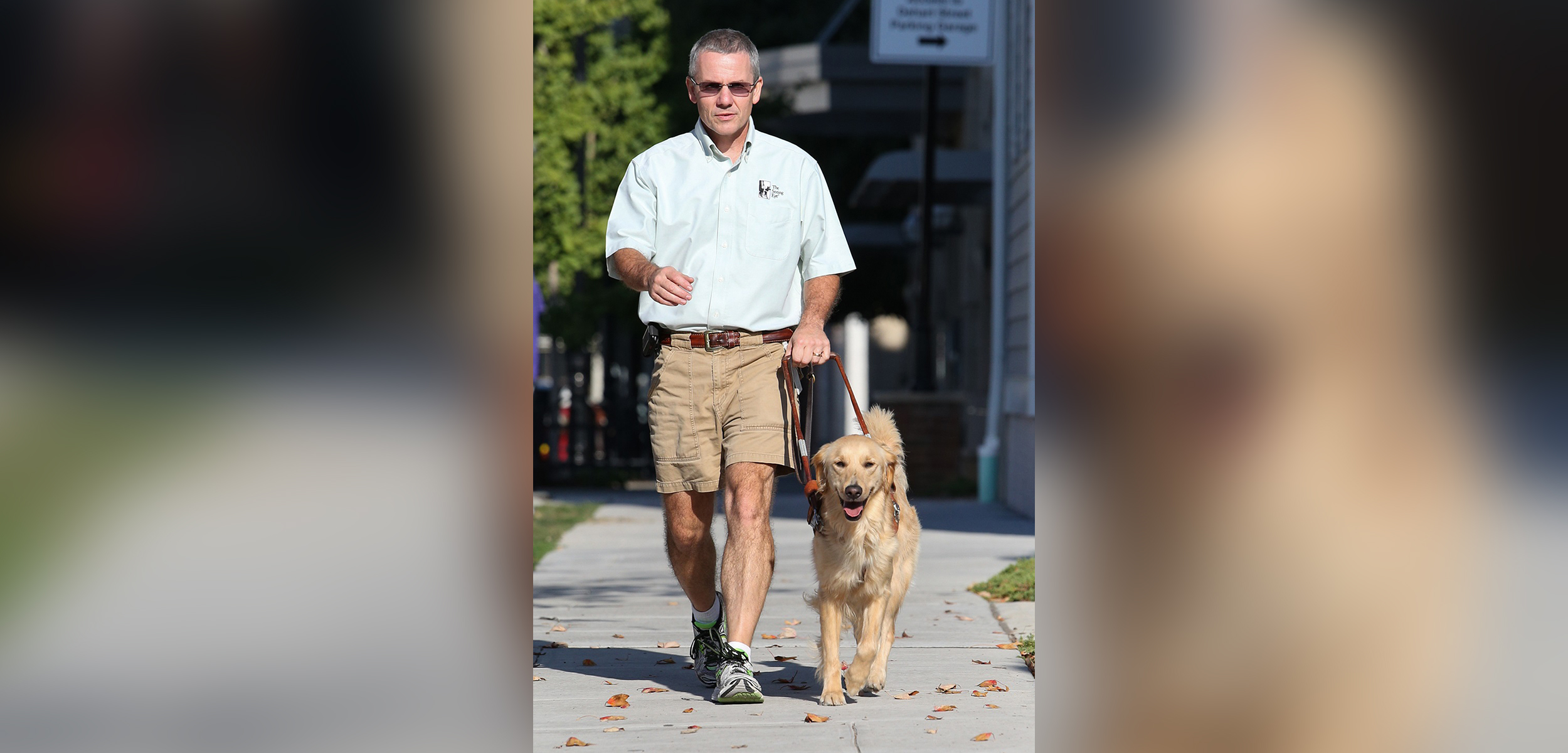
Research says the parenting technique even applies to guide dogs
Researchers have determined what makes a successful guide dog.
Theo ABC News
August 9, 2017, 22:11
— — Parenting techniques can have lasting behavioral consequences – even for dogs.
Researchers at the University of Pennsylvania studied the early development, parenting, and subsequent performance of 98 puppies that had undergone guide dog training. Dogs who receive more independence and less support from their mothers are more likely to succeed in becoming guide dogs, and they also demonstrate improved problem-solving skills.
In other words, successful guide dogs are more likely to be raised by “tough love” mothers. The study was published Monday in the journal Proceedings of the National Academy of Sciences.
Interactions between mother and puppy, such as nursing style, grooming, and time spent in the nursing box are used to determine the level of engagement of the puppy mother. Puppies raised with actively participating mothers are more likely to be released – or removed from guide dog programs – than those with less involved mothers.
“Too much of a good thing can be a bad thing,” said study lead researcher Emily Bray. Although the study couldn’t conclusively show what caused this effect, “one possibility is that dogs with overbearing or indulgent mothers never get a chance to tackle challenges on their own.” small and detrimental to their future behavior. and results in solving their problems,” she said.
“Another possibility is that [puppies] whose mothers are always around are also the most anxious or stressed,” she added.

An instructor working with a golden retriever.
Veterinarian Dolores Holle is director of canine medicine and surgery at The Seeing Eye Dog, the center where researchers conducted the experiments.
“What I’m excited about is that there is research being done on early life experiences in dogs,” she said. “If a mother is trying to protect her cubs from small challenges, they will not be suitable for big challenges.”
The study included three breeds: German shepherds, Labrador retrievers and golden retrievers. The puppies were followed from the first weeks of life for several years. Interestingly, Labrador retrievers tend to be eliminated from the show, while golden retrievers tend to be successful.
As for whether the findings apply to children of so-called “helicopter parents,” Bray was hesitant.
“I think people can draw parallels, but I think you also have to be careful because they are different species,” she said.
“The interesting thing about dogs is that they are a lot less complex than humans,” she added.
Carolyn Chan, MD, is an internal medicine physician at Case Western University. William Garneau, MD, contributed to this report.